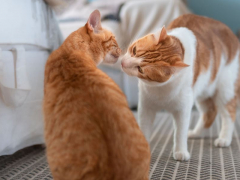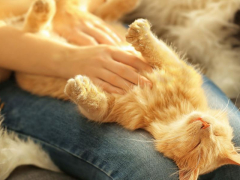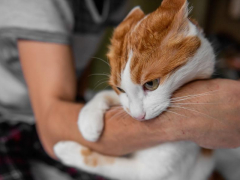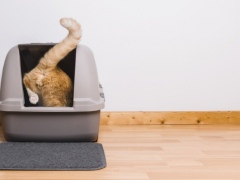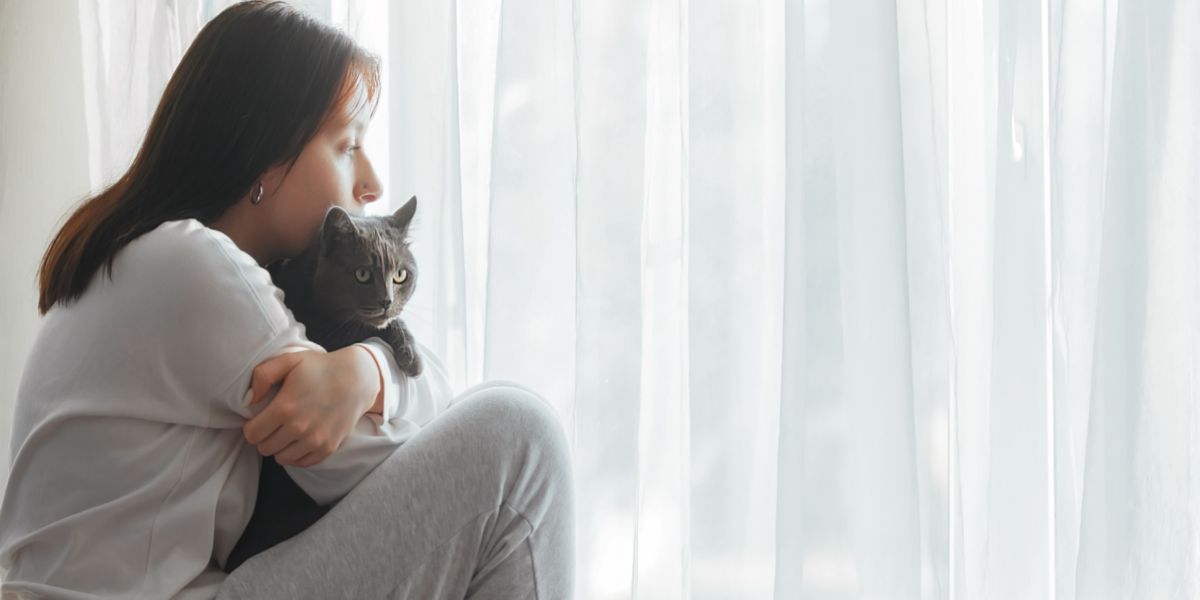
In the movies, when the main character is crying after a dramatic breakup or grieving a loss, it’s not uncommon for their pet to comfort them. Perhaps their dog lays their head on their lap, or their cat curls up next to them on the sofa. But is this realistic? Do cats really know when we are upset? And if so, how?
Can Cats Sense Their Owners’ Emotions?
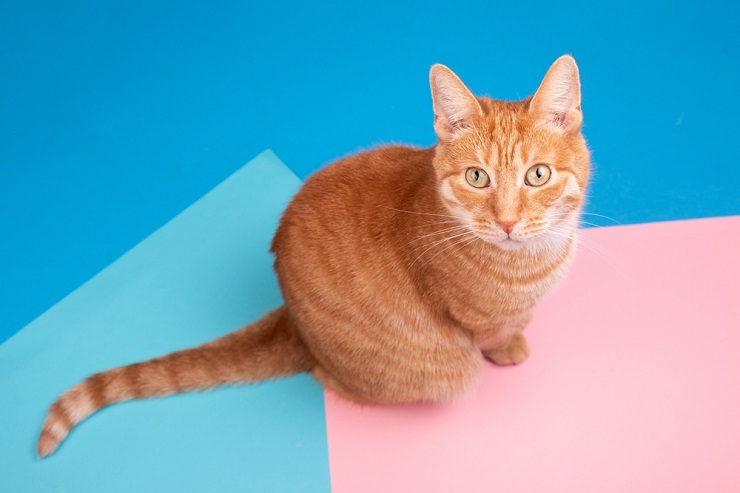
Cats recognize human emotion is based on our body language, behavior, speech, tone of voice, and facial expressions
Although dogs are widely acknowledged as being more in tune with their humans’ emotions than cats, cats aren’t blind to our moods. In fact, they can pick up on various behavioral and emotional signals from humans and adjust their behavior.
For example, cats tend to engage and interact more with their owners if they are depressed or showing negative emotional states like sadness, grief, or loneliness.
The way that cats recognize human emotion is based on our body language, behavior, speech, tone of voice, and facial expressions. Though it’s very unlikely that cats can differentiate a full spectrum of human moods and emotions, they certainly seem to know when they’re needed. Which is kind of cute, really.
Also Read: How To Get A Dog And Cat To Bond
Can Cats Sense Sadness?

Cats can sense human moods as well as depression and sadness.
They might not understand the reasons behind our sadness, but cats do have the ability to pick up on signs of low mood in their owners. In the cat world, true sadness isn’t necessarily an emotion that is recognized in cats often. However, cats do feel negative emotions due to stress, anxiety, pain, grief, or loneliness.
So, while you can’t expect your cat to understand that you’re sad because you’ve argued with your mom, or because your friend is unwell, they might well surprise you by showing that they know that you are feeling down.
Also Read: Why Does My Cat Meow At Night?
What Might Your Cat Do When They Know You Are Sad?
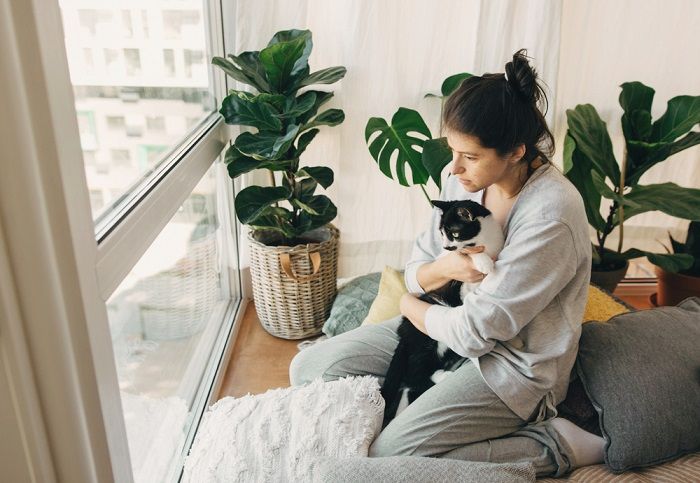
Cats pick up on your moods, and may act differently if you’re feeling upset.
1. Spend More Time Around You
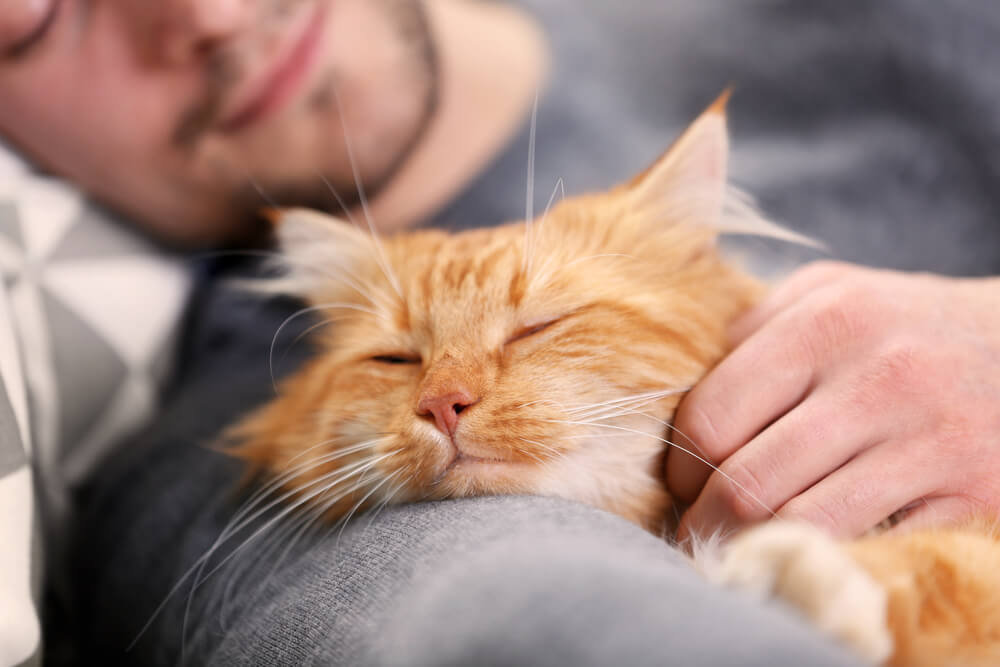
Cat enjoys human interaction and physical contact
This is a subtle change in behavior, but if you’re sad, you might notice that your cat seems to be around more. Rather than being clingy, they’re probably just trying to reassure you and be there for you in their own way. Plus, if they’re nearby, they’ll be ready if you decide you want to fuss or stroke or cuddle them.
2. Comfort You
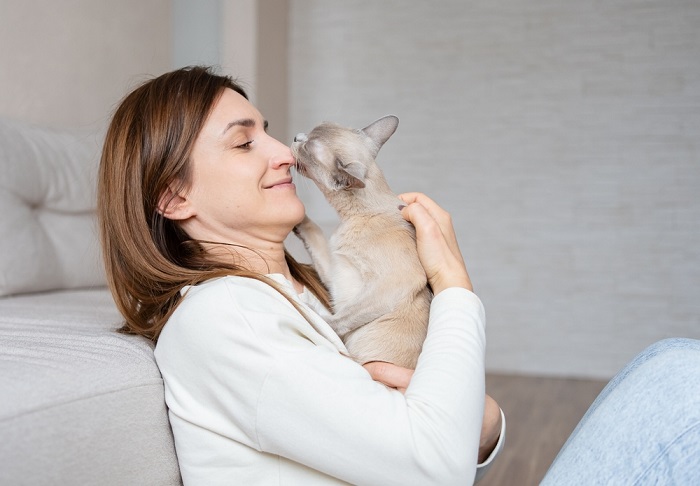
If your cat enjoys human interaction and physical contact, they might go one step further than just hanging around nearby. You might find that they try to comfort you by laying in your lap, offering you affectionate exchanges like head-butting (bunting), kneading, and gentle nibbles of the ear. They might also lay on your chest, offering comfort with their rhythmic purring and warmth.
Also Read: Why Does My Cat Lay And Sleep Between My Legs?
3. Ignore You
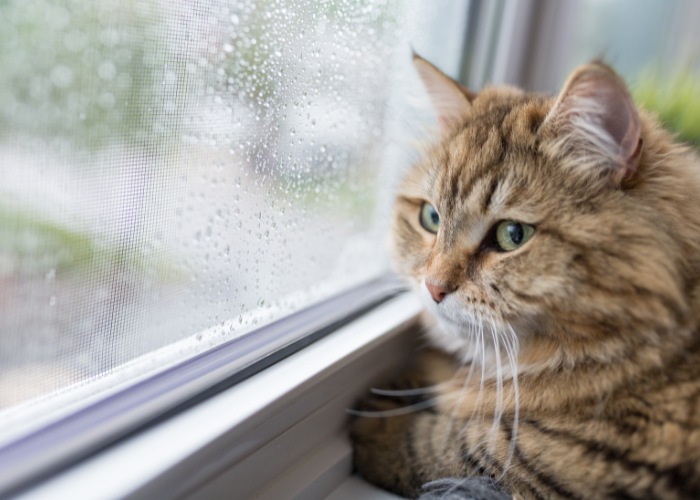
Every cat is different, just like every person is. So, you can’t expect all cats to react in the same way. If your cat feels a bit uncomfortable or stressed by your sadness, or if they’re not a “touchy feely” cat, they might ignore you altogether. They’re not being heartless, and it doesn’t mean they don’t love you. They’re probably just particularly sensitive to stress.
4. Avoid You
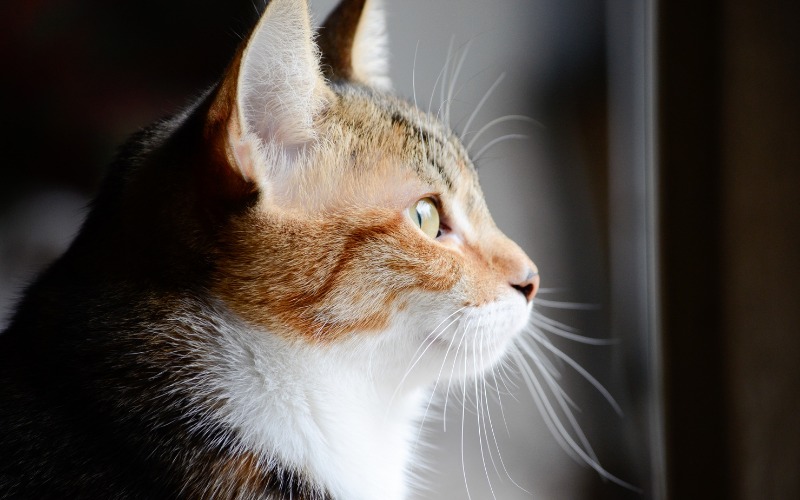
If your cat finds your distress particularly stressful, they might avoid you altogether. However, this is most likely if there have been arguments, crowds, or lots of noise around the home. In time, when it’s just you and them, they’ll probably feel brave enough to show they care again. If after a day or two they’re still acting stressed and staying out of the way, speak to your vet.
5. Try To Distract You
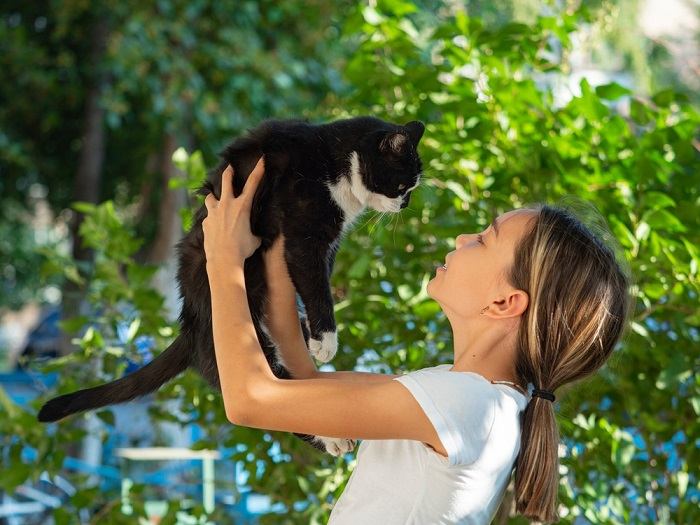
Like it or not, cats can be a great distraction. Whether they force you to get on with your usual routine by waking you up and crying for food, or try to instigate playtime by playfully nipping you or attacking your trousers. This might not be a conscious decision by your cat, but it can certainly help you feel better.
Also Read: 8 Purrfect Games You Can Play With Your Cat
Do Cats Know When Other People Are Sad?
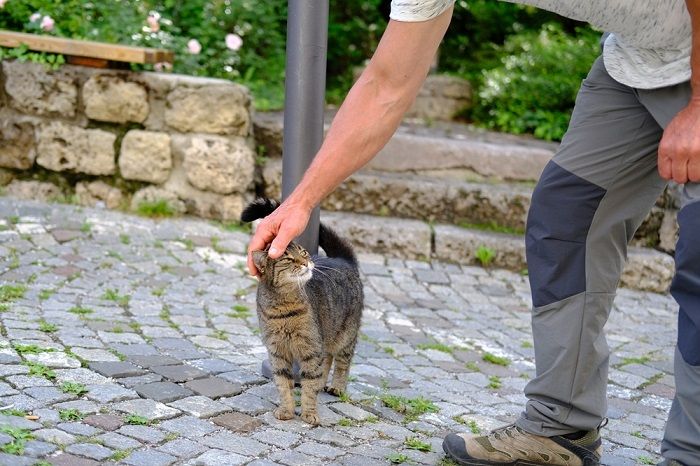
When you’re feeling sad, cats can be a great pick-me-up.
Cats are best at picking up on the emotions of their human family members. These are the people they know best, and they’ll be much more familiar with your normal body language and behavior. Strangers or infrequent guests will be harder for your cat to read, so don’t expect your cat to comfort all your neighbors, friends, and relatives!
Does Owning a Cat Help When We Are Sad?
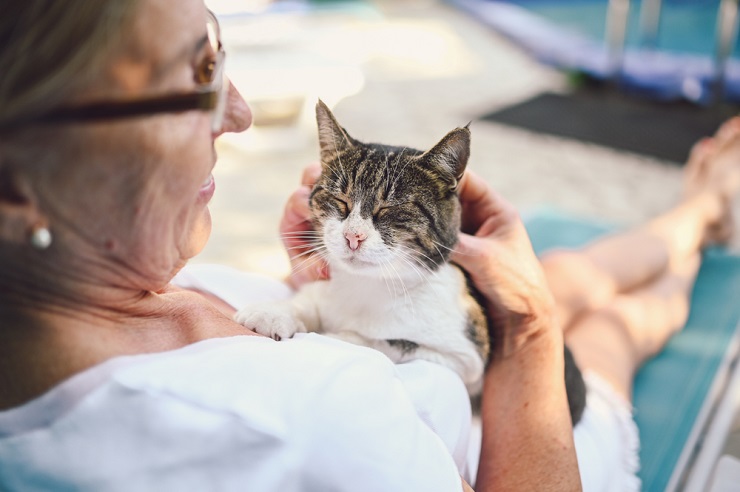
Owning a pet has been proven to help improve people’s moods. In fact, therapy animals can even help when people are unwell. One of the reasons for this is that stroking and petting an animal reduces our stress levels and releases happy hormones.
It’s not just hormonal; knowing that our feline family member is there for us makes us feel good, and we appreciate their loyalty and affection. Add to that the fact that caring for cats and other pets can give us a sense of purpose, keep us in a good routine, and make us feel needed, and it’s easy to see why furry family members help when we’re feeling sad.
Of course, it’s not a one-way thing—most cats also enjoy the company of their owners and like having them around. Some cats even suffer with separation anxiety from their owners. You can find out more by reading our article Do Cats Miss Their Owners When They’re Gone.
When we’re sad, a cuddle with the cat might be just what we need. Thankfully, cats often pick up on the signs that we are feeling down, and make themselves more available. So, next time you’re sad and notice your cat lingering nearby when they’re normally out exploring, be comforted by the fact that they care and want to make you feel better.
Also Read: 6 Best Emotional Support Letter Services For Cats
